However, the challenges of the medical education sector remain.
After nearly 17 months of being absent from school to protest the government 's policy of increasing enrollment quotas, South Korean medical students recently announced that they will return to school. However, this return does not mean the end of the crisis.
On the contrary, medical schools, governments and students themselves are facing a series of challenges in organizing training, resolving internal conflicts and restoring confidence in the national medical education system.
Recently, at the headquarters of the Korean Medical Association (KMA) in Seoul, representatives of the Korean Medical Student Association (KMSA), KMA and National Assembly committees jointly issued a joint statement on students returning to school.
The decision was made based on trust in the new government of President Lee Jae Myung and the National Assembly, with the goal of normalizing the medical education system and public health sector after a prolonged crisis, the statement said.
Previously, since February 2024, students at Korean medical universities have taken a collective leave of absence to protest the government's increase in enrollment quota by 2,000.
President Lee Jae Myung welcomed the move, calling it “a belated but welcome development.” He directed the authorities to quickly deploy support measures to ensure the re-entry process is smooth and timely.
However, the medical education sector in Korea faces many challenges. It is estimated that more than 8,300 people, equivalent to 40% of the total number of students in the country, are being held back or at risk of being forced to drop out due to lack of attendance and credits.
In addition, simultaneously accepting students from three classes of 2024, 2025 and 2026 will overload the curriculum. Medical schools in Korea operate a yearly training system, not a semester system, making it impossible to make up for missed classes.
For third- and fourth-year students, who must complete at least 40 weeks of specialized study each year, rescheduling is a major challenge. Meanwhile, senior students must complete a full clinical internship to qualify for licensure, adding to the time and training pressures.
The Korean Ministry of Education announced that it will coordinate with universities and relevant ministries and sectors to develop a new, suitable academic schedule and ensure training quality.
“Universities need to pay attention to dialogue and encouragement for students. At the same time, the government will not only deal with the consequences in the future, but also lay the foundation for sustainable reform of health care policy,” President Lee Jae Myung stressed.
Source: https://giaoducthoidai.vn/han-quoc-thach-thuc-khi-sinh-vien-y-khoa-di-hoc-lai-post740885.html








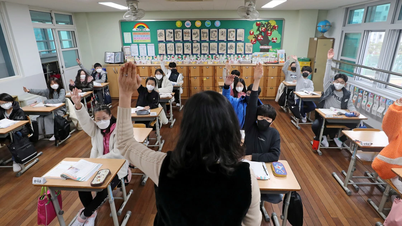


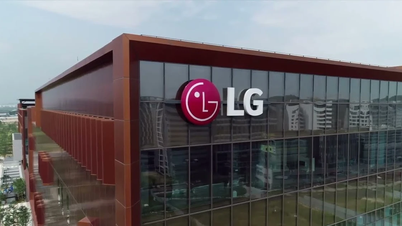
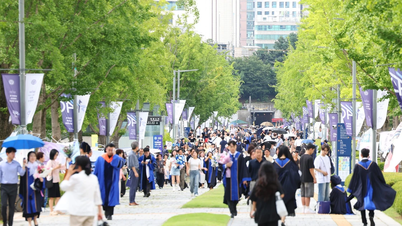


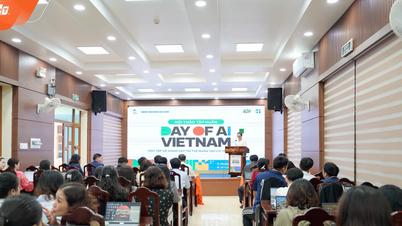










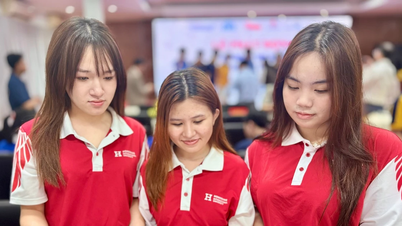
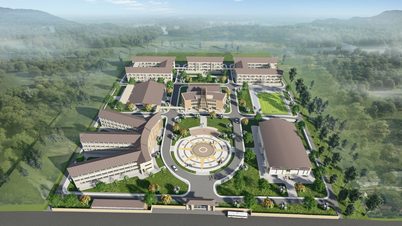
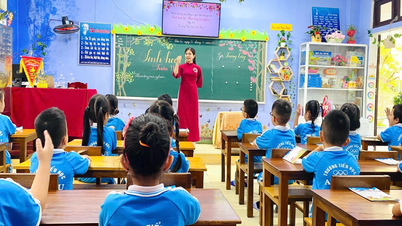
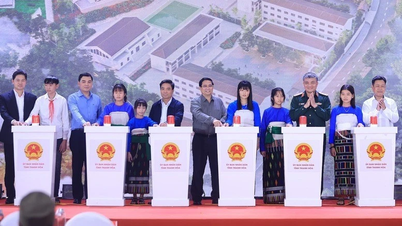






































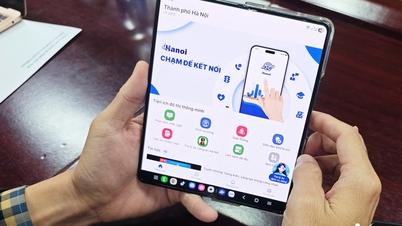


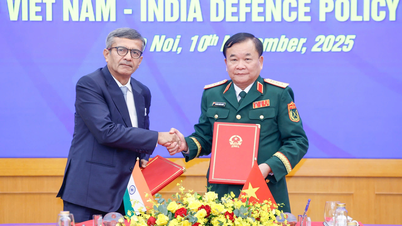



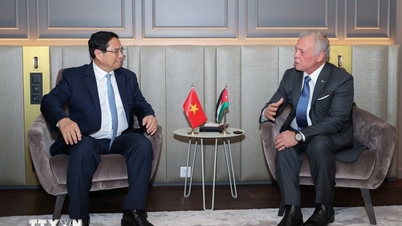


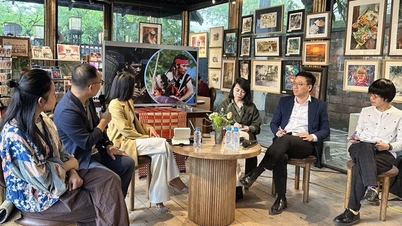





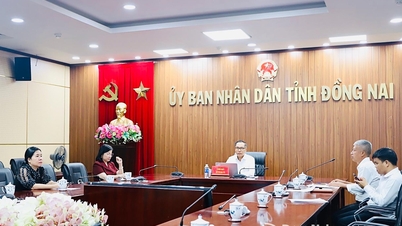



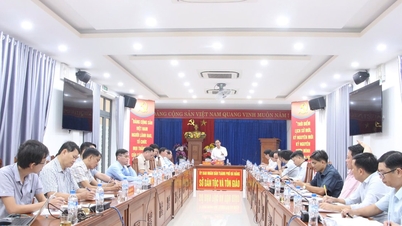

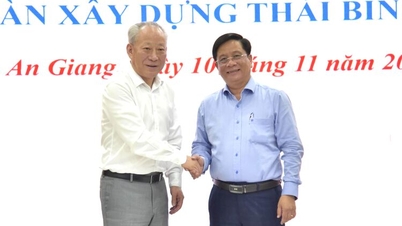

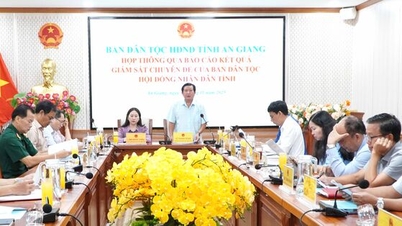
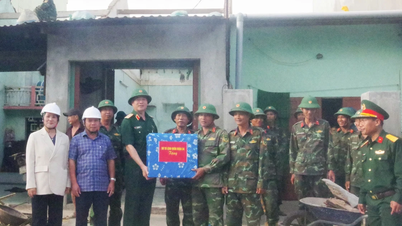

![Dong Nai OCOP transition: [Article 3] Linking tourism with OCOP product consumption](https://vphoto.vietnam.vn/thumb/402x226/vietnam/resource/IMAGE/2025/11/10/1762739199309_1324-2740-7_n-162543_981.jpeg)













Comment (0)